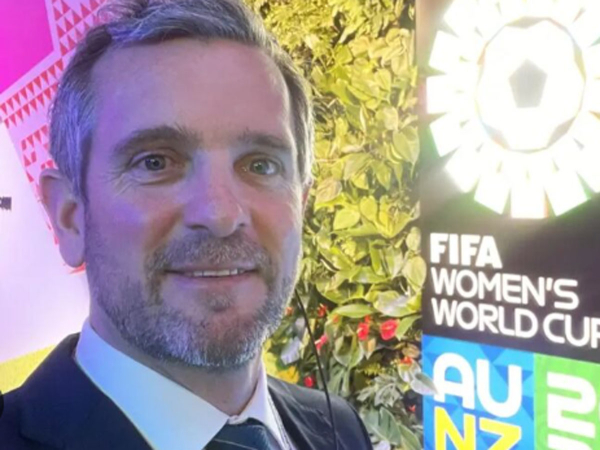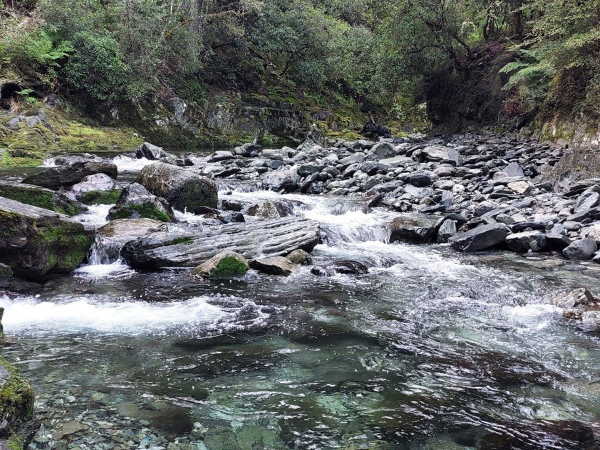[ad_1]

Rachel Tinkler, Mint Asset Management head of responsible investment, details why investors (and governments) need to walk the talk on abolishing modern slavery…
Investors, Businesses and Non-Governmental Organisations (NGOs) continue to urge the New Zealand government to create strong modern slavery laws in Aotearoa. Modern slavery refers to situations of exploitation that a person cannot refuse or leave because of threats, violence, coercion, deception, and/or abuse of power.1 It’s a hidden crime that covers forced labour, debt bondage, forced marriage, slavery and slavery-like practices, and human trafficking. Conservative estimates show that 8,000 people live in these conditions in New Zealand.2
Walk Free, an international human rights NGO focused on the eradication of modern slavery in all its forms, visited New Zealand recently to continue conversations with the government on the importance of a robust piece of legislation on this topic. Mint had the pleasure of meeting with Walk Free’s Co-Founder, Grace Forrest, to discuss how investors can continue to assist with this crucial work. Mint has agreed to continue to lobby the government on modern slavery legislation. In our discussions with Grace, we also agreed on the importance of continuing to outline our expectation that our investee companies carry out due diligence assessments of their own, despite the absence of a law so far.
Unlike many Organisation for Economic Cooperation and Development (OECD) countries, including key trading partners, New Zealand does not have modern slavery legislation. While establishing legislation is part of the challenge, ensuring it is fit for purpose is of equal importance. There are many aspects to suitable legislation, but one key piece is the inclusion of a due diligence requirement.
Due diligence is the gold standard for modern slavery legislation. However, many modern slavery laws to date have been introduced as transparency laws. A transparency law requires a reporting entity to look at their supply chain, disclose the areas that might be high risk, or disclose the issues that were found. A due diligence law is more proactive. Entities must prove how they are working to mitigate exploitation in their operations and supply chain. Further, if any exploitation is found, they must also show what is being done to remediate that issue.
Investors with NZD $295 billion in assets under management, and peak bodies representing a further NZD $60 trillion, have recently outlined their expectations in a letter to the responsible Minister, for a suitable, purpose-built modern slavery law in Aotearoa. As investors, we expect investee companies to show how they have identified and addressed modern slavery risks in line with the gold standard (i.e., due diligence). Introducing this higher standard as law from the beginning will help businesses improve their practices and align with the increasing expectations of both investors and key trading partners offshore.
Aotearoa can learn from experience had overseas and pass appropriate legislation from the outset. We will continue to advocate for this with the relevant Ministers, supported by Walk Free’s ongoing efforts in this area.
Disclaimer: Rachel Tinkler is the Head of Responsible Investment. The above article is intended to provide information and does not purport to give investment advice.Mint Asset Management is the issuer of the Mint Asset Management Funds. Download a copy of the product disclosure statement.
[ad_2]
Source link





















